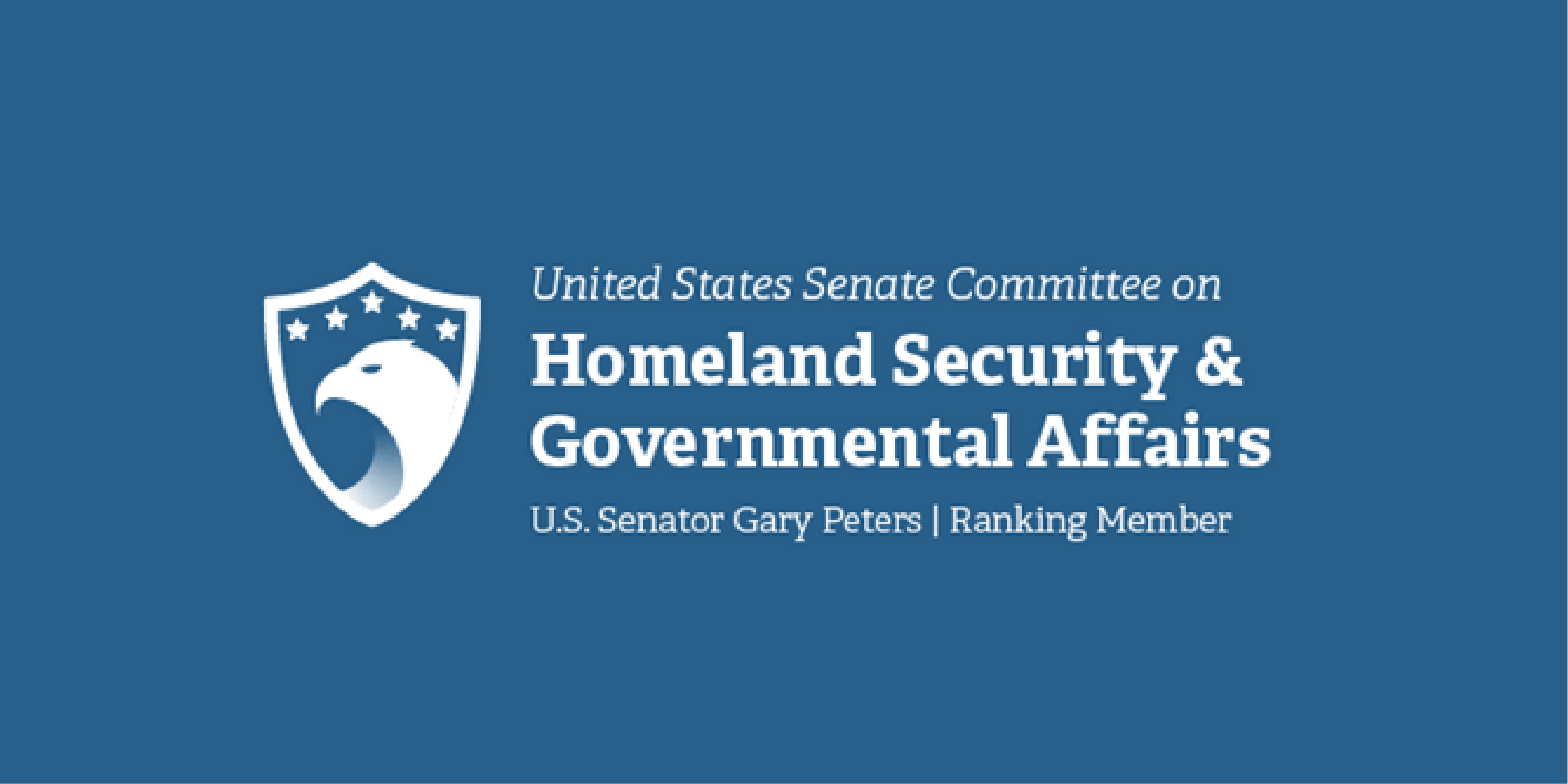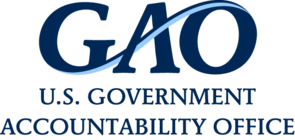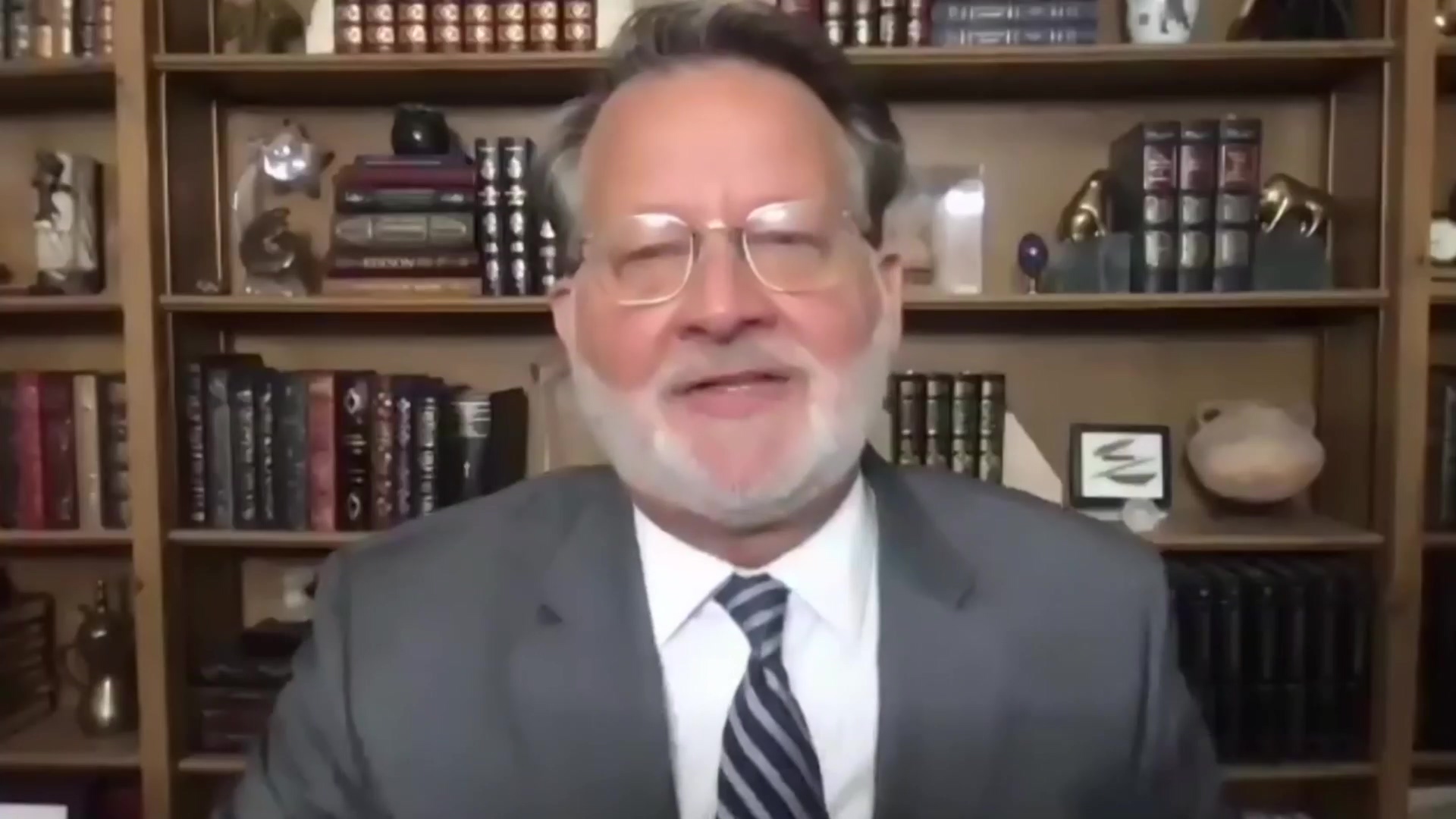
Peters Ranked Most Bipartisan Democrat and 2nd-Most Bipartisan Senator for His Work in 2023
WASHINGTON, DC – U.S. Senator Gary Peters (MI) was recognized as the 2nd-most bipartisan Senator – and the most bipartisan Democrat – in 2023, according to new rankings released by the non-partisan Lugar Center and McCourt School of Public Policy at Georgetown University. The announcement also ranked Peters the 3rd-most bipartisan Senator for his work during the 117th Congress (2021-2022). Peters earned the recognition for his successful efforts to advance and enact bipartisan legislation into law.
“I’m proud to be recognized for my bipartisan record, which has always been a priority of mine in the Senate. Michiganders expect me to work with my colleagues – from both parties – to solve problems and deliver results that will benefit our state ,” said Senator Peters. “Our nation continues to face many challenges that require us to come together and find commonsense solutions to address. I’m committed to continuing to work across the aisle to tackle these challenges and improve the lives of people in Michigan and across the United States.”
The Lugar Center established the Bipartisan Index to measure how often Members of Congress work across party lines, including the frequency with which a member reaches across the aisle when bills are introduced. It examines the number of times a member cosponsors legislation introduced by the other party and how often a member’s own legislation attracts cosponsors from the other party. The late and former U.S. Senator Dick Lugar described the Lugar Center’s Bipartisan Index by writing in an op-ed, “The aim of the Index is to highlight members’ willingness to get results, regardless of party.”
Peters has consistently been named among the most effective and bipartisan Senators in the Chamber, and was recognized as the #1 most effective Senator in both the 117th and 116th Congress by the non-partisan Center for Effective Lawmaking.
In 2023 alone, Peters led and advanced numerous bipartisan bills, many of which were passed by the Senate or signed into law. Those efforts include bipartisan legislation to:
Support Maritime Academy Students: Peters’ bipartisan, bicameral Changing Age-Determined Eligibility to Student Incentive Payments (CADETS) Act was signed into law by President Biden, expanding eligibility for the Maritime Administration’s Student Incentive Payment Program. Previously, students older than 25 were prohibited from receiving Student Incentive Payment Program benefits. Peters’ legislation expands the eligibility age to include any qualified student who will meet the age requirements for enlistment in the U.S. Navy Reserve at their time of graduation, and ensures that non-traditional cadets, including veterans, can receive this funding.
Create One Deadline to Apply for FEMA Disaster Assistance Programs for Individuals: Bipartisan legislation authored by Peters to create one application deadline for two Federal Emergency Management Agency (FEMA) programs that individuals use for federal disaster assistance has been signed into law.
Support Veterans with Invisible Wounds of War: Provisions based on Peters’ bipartisan Discharge Review Board Accountability Act were signed into law directing the Government Accountability Office to study and report back to Congress on the compliance of Discharge Review Boards with the Fairness for Veterans Act, which Peters previously authored into law in 2016.
Settle Longstanding Tribal Land Claims: Bipartisan, bicameral legislation led by Peters to settle the longstanding land claims of the Keweenaw Bay Indian Community (KBIC) and clear the title of current landowners in the community passed the Senate. This bipartisan bill rightly settles the claims brought by the Keweenaw Bay Indian Community and provides legal clearance for local residents who currently own the property at issue.
Prevent Foreign Influence in U.S. Policy: Bipartisan legislation authored by Peters to improve our nation’s ability to prevent foreign governments, including adversaries like the Chinese and Russian governments, from attempting to influence U.S. policy without making appropriate disclosures passed the Senate.
Correct Retirement Error for Customs and Border Protection Officers: Bipartisan legislation led by Peters to ensure U.S. Customs and Border Protection officers (CBPOs) can receive the retirement benefits they were promised when starting their service passed the Senate.
Increase Support for Victims of Human Trafficking: The Senate passed bipartisan legislation authored by Peters to enhance the Department of Homeland Security’s (DHS) ability to combat human trafficking. The legislation would make permanent and expand the Homeland Security Investigations (HSI) Victim Assistance Program that helps provide support to individuals impacted by human trafficking.
Bolster Transparency and Accountability for Federal Agency Performance Goals: Bipartisan legislation authored by Peters to bolster the performance of federal agencies and ensure they are effectively carrying out their missions for the American people passed the Senate. The Federal Agency Performance Act updates existing performance management laws by requiring regular strategic reviews of federal agencies’ performance goals and improving publicly available data on how agencies are achieving those goals.
Save Taxpayer Dollars by Reusing Excess Federal Property: Bipartisan legislation authored by Peters to hold agencies more accountable to the public on how they reuse excess personal property passed the Senate. Federally-owned personal property includes physical items such as office supplies, furniture, automobiles, and heavy machinery. The federal government is the largest purchaser of goods and services in the world, and this bill would ensure agencies are looking to excess property – available at no cost apart from any necessary transportation – before buying new products to save taxpayer dollars.
Simplify Application Process for Federal Disaster Assistance Programs: Peters’ bill to establish a universal disaster application across federal agencies for disaster survivors who are seeking federal recovery aid passed the Senate. The bill would allow FEMA to share information on disaster survivors with other federal agencies to simplify recovery efforts and reduce the burden on survivors after a disaster. The legislation would make FEMA the lead agency in implementing the universal disaster assistance application for disaster victims. Finally, the bill requires all information sharing practices to meet federal data security standards.
Incentivize Community Policing: The Senate unanimously passed Peters’ bipartisan legislation that works to strengthen relationships between law enforcement and the communities they serve by providing federal grants for recruits who agree to attend police academy and then serve in the communities they live.
Combat Human Rights Abuses: Bipartisan legislation introduced by Senator Peters that would direct the U.S. Department of Commerce to educate American exporters about the risks of partnering with businesses in China that have been implicated in human rights violations passed the Senate.
Strengthen Domestic Semiconductor Manufacturing: The Senate unanimously passed Peters’ bipartisan bill that directs key federal agencies to develop strategies that would attract investment in U.S. semiconductor manufacturers and supply chains.
Extend Federal Support for Local Fire Departments: Peters’ legislation to extend federal programs that help support local fire departments across the country passed the Senate. The bill would reauthorize the Federal Emergency Management Agency’s (FEMA) Staffing for Adequate Fire and Emergency Response (SAFER) grant program and the Assistance to Firefighters Grant (AFG) program that local fire departments use to address staffing needs, purchase equipment, develop fire training and education programs, and improve emergency medical services.
###















